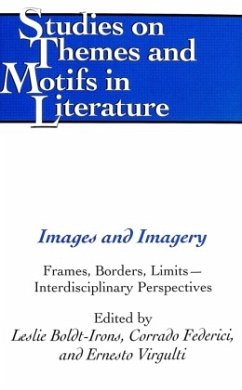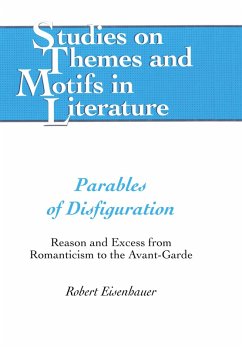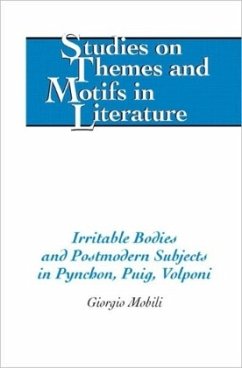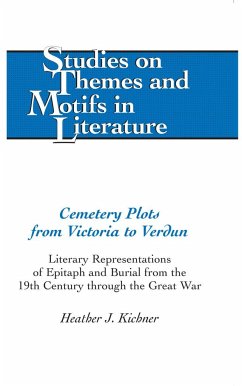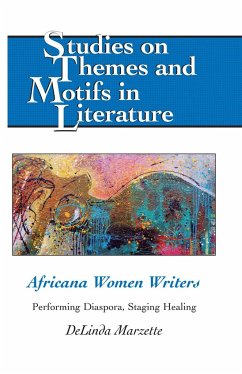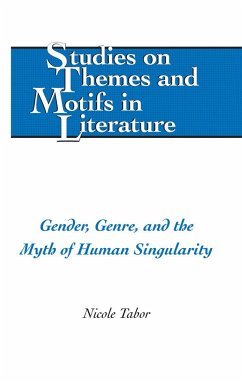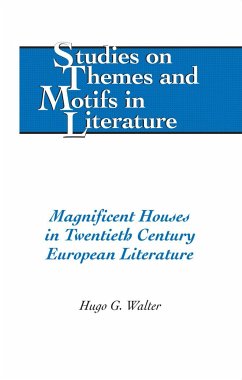
John Barth and Postmodernism
Spatiality, Travel, Montage
Herausgegeben: Daemmrich, Horst
Versandkostenfrei!
Versandfertig in 6-10 Tagen
112,65 €
inkl. MwSt.

PAYBACK Punkte
0 °P sammeln!
John Barth's eminence as a postmodernist is indisputable. However, much of the criticism dealing with his work is prompted by his own theories of "exhaustion" and subsequent "replenishment," leaving his writing relatively untouched by theories of postmodernism in general. This book changes that by focusing on the relationship between Barth's aesthetic and the ideology critique of the historical avant-gardes, which were the first to mobilize art against itself and its institutional practices and demands. Examining Barth's metafictional parodies in the light of theories of space and subjectivity...
John Barth's eminence as a postmodernist is indisputable. However, much of the criticism dealing with his work is prompted by his own theories of "exhaustion" and subsequent "replenishment," leaving his writing relatively untouched by theories of postmodernism in general. This book changes that by focusing on the relationship between Barth's aesthetic and the ideology critique of the historical avant-gardes, which were the first to mobilize art against itself and its institutional practices and demands. Examining Barth's metafictional parodies in the light of theories of space and subjectivity, Clavier engages the question of ideology critique in postmodernism by offering the montage as a possible model for understanding Barth's fiction. In such a light, postmodernism may well be perceived as a mimesis of reality, particularly a recognition of the collective nature of self and the world.




